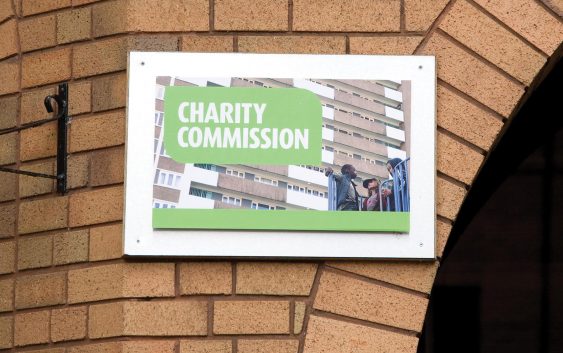
The application of the Charity Commission for England and Wales to wind up the respondent charity succeeded. The Chancery Division held that the various factors combined to lead inevitably to the conclusion that part defaults justified a decision to wind up on just and equitable grounds. It would not be in the public interest to allow the charity to continue with its current trustee/director involved.
Charity – Trustee – Winding up of charity
In August 1998, the defendant charity (the charity) was incorporated under the companies act 1985 as a private company limited by guarantee. It sought to provide housing and amenities to people in need, and to provide help and advice for impoverished elderly people, homeless people and disabled people. The petitioner Charity Commission for England and Wales (the Commission) presented a winding-up petition, asking for the charity to be wound up compulsorily on just and equitable grounds, in accordance with s 122(g) of the Insolvency Act 1986 (the IA 1986). The charity, through its current trustee/director (L), contended that compulsory liquidation would be contrary to the public interest.
Whether the application should be allowed. Consideration was given to, among other things, a loan of £300,000 made by L to the charity. The Commission submitted that such borrowing had been unauthorised and, in any event, it had been wrong for the charity to borrow money at the rate of 5% per annum, when there had been no apparent need for the loan except to the extent that it had been needed to fund relatively small, continuing losses.
While the ‘loss’ of a charity and its potential future good works was regrettable, charities had to be operated in accordance with the statutory and common law duties owed by them and their trustees. The trustees had to comply with their fiduciary duties and had to be of character and responsibility that justified reasonable, objective faith in them doing so. That was because they were the stewards of the charity’s property (see [103] of the judgment).
On the balance of probabilities, there had been a catalogue of misconduct and/or mismanagement, starting with L’s terms of employment and/or the failure to account to HMRC and including: inadequate records of meetings; the charity accepting a loan from L without authorisation from the trustee/directors; failure to comply with statutory requirements for accounting records; defaults in the filing of accounts; false statements concerning continued trading; and serious issues arising from that continued trading requiring independent investigation including secret profits (see [95] of the judgment).
The problems raised, whether viewed independently or jointly, required independent investigation and resolution. The charity had provided no such proposal. The £300,000 loan itself gave rise to insolvency problems. The balance currently recorded in the accounts could not be repaid if demanded. The loan was further evidence that the charity’s mismanagement, and the misconduct of those responsible, made it just and equitable for a winding up order to be made (see [96] of the judgment).
All the factors combined to lead inevitably to the conclusion that past defaults justified a decision to wind up on just and equitable grounds. They certainly fell within the term ‘misconduct and/or mismanagement’. It would not be in the public interest to allow the charity to continue with L involved (see [100], [101] of the judgment).
Walter L Jacob & Co Ltd Petitioners v The Financial Intermediaries, Managers And Brokers Regulatory Association Respondents 1988 SCLR 184 considered; Marann Brooks CSV Ltd, Re [2002] All ER (D) 42 (Dec) considered; Portfolios of Distinction Ltd, Re; Re Turning Point Seminars Ltd [2006] All ER (D) 398 (Mar) considered; Smithton Ltd v Naggar [2014] All ER (D) 118 (Jul) considered.
Tim Akkouh and Conor McLaughlin (instructed by the Director of Legal Services of the Charity Commission) for the Commission.
The charity appeared by its representative.


